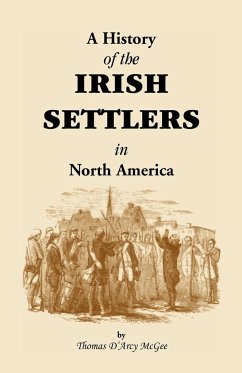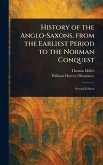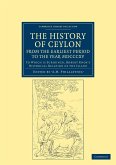Covers the early explorations of North America, the settlements of the Irish, their role in the AThis volume begins with a brief account of early explorations of North America. Several chapters are then devoted to a discussion of the first settlements of Irish immigrants in the various colonies of North America, followed by descriptions of the Irish role in the American Revolution and the early Federal period. There are also discussions of the Irish Famines of 1846-7 and 1848, the Irish in Mexico and South America, and the Irish population of the United States as revealed in the Federal Census of 1850. Copies of the original printing of this book are difficult to find. An every name index has been added as an aid to researchers.merican Revolution and the early Federal Period, the famines of 1846-48 and the Irish in Mexico and South America.
Bitte wählen Sie Ihr Anliegen aus.
Rechnungen
Retourenschein anfordern
Bestellstatus
Storno









